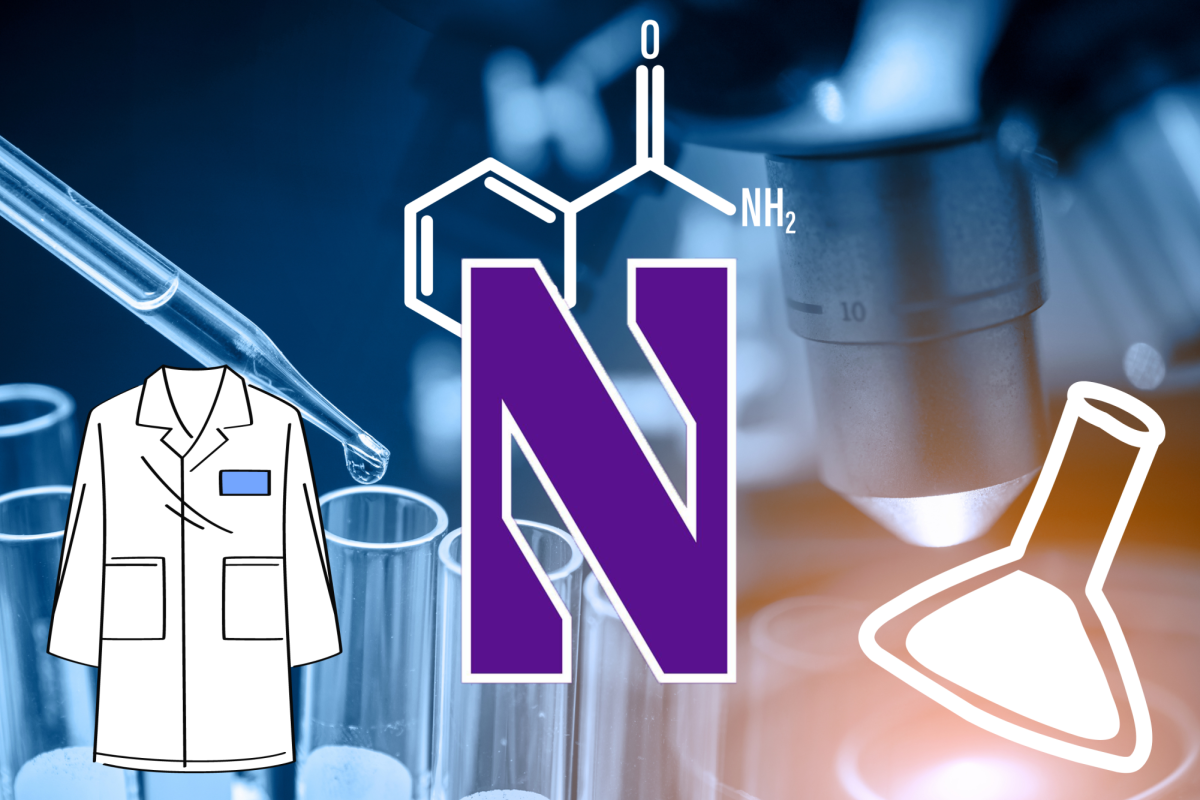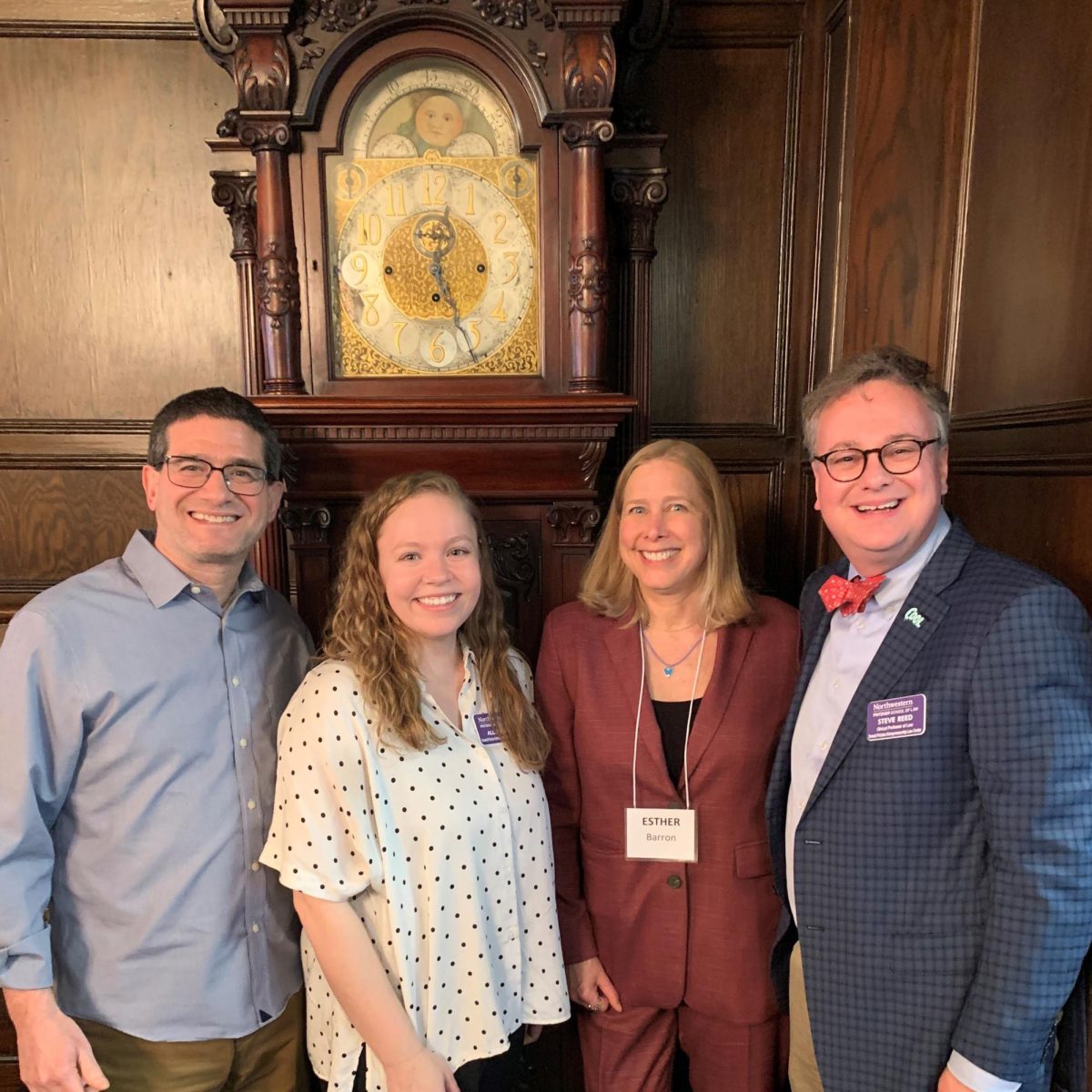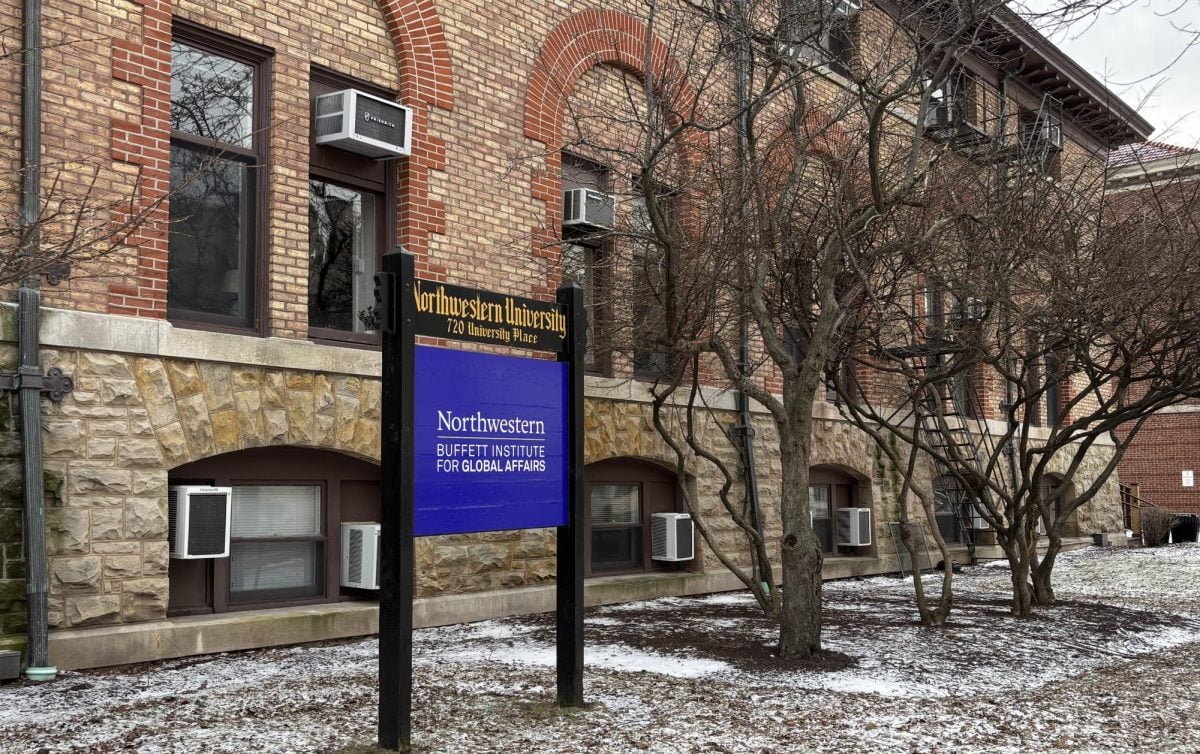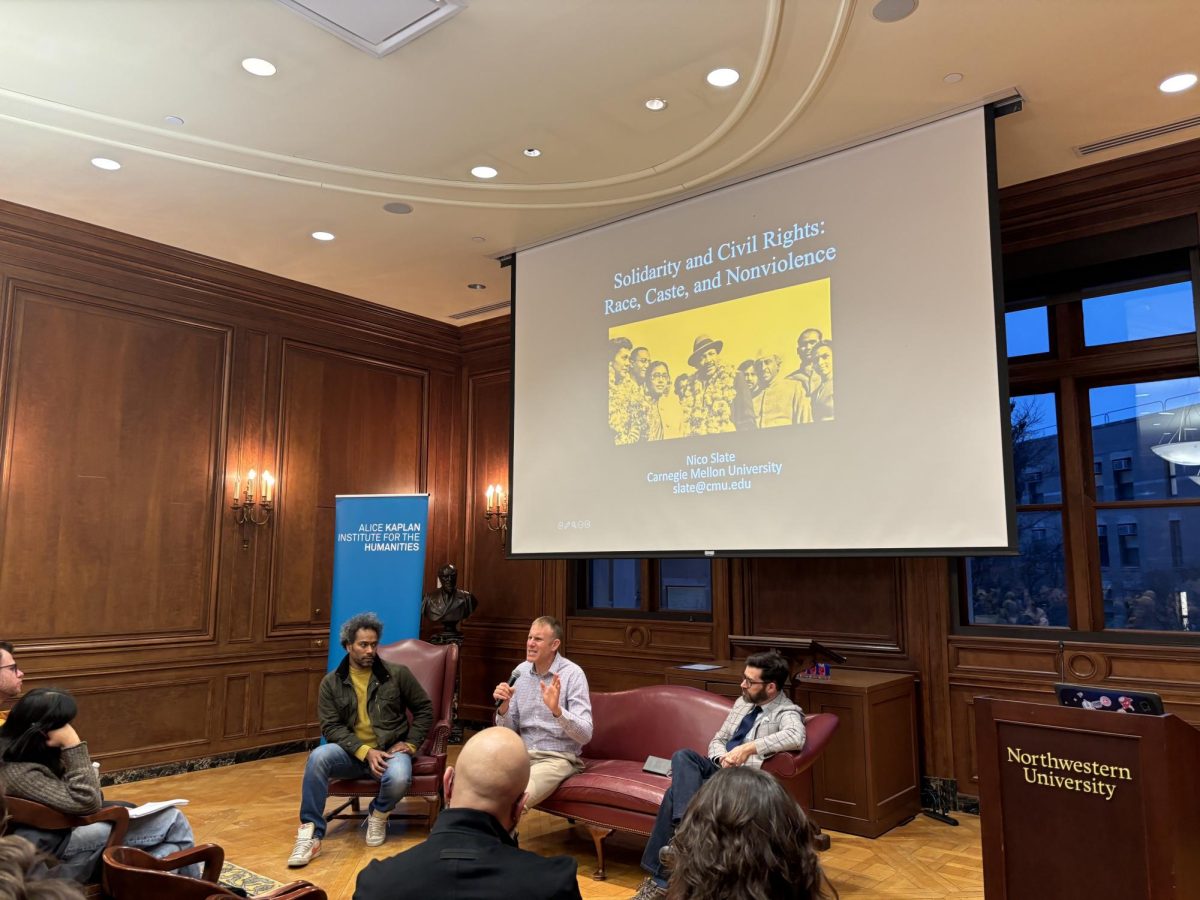From helping find sustainable alternatives to fossil fuels to contributing to the understanding of the human personality, possibilities for research at Northwestern are almost endless, and there are a few ways you can get involved. Here’s a list of steps to consider if you’d like to participate in research at NU.
Set up an appointment with an Office of Undergraduate Research advisor
The University’s OUR provides resources for students to develop their research interests, find faculty who work in related fields, make sense of scholarly literature and network with NU researchers. You can get started by scheduling a one-on-one meeting with an advisor through their online portal.
Attend a workshop to help identify and communicate with a faculty or lab mentor you’re interested in working with
The OUR also offers “Finding a Faculty Mentor” and “Finding a Lab Mentor” workshops, one of which is typically hosted each week. “Finding a Faculty Mentor” workshops provide appropriate information for students considering research in any domain, while “Finding a Lab Mentor” workshops are geared toward solely lab-based disciplines.
Join a support group with other budding researchers
While getting started with research may seem like a solo endeavor, it doesn’t have to be. Connect with students who are in the same boat through the OUR’s “Finding a Lab Support Group.” You’ll get the chance to build community with others as you navigate the process of joining a lab.
Check for listings in your preferred research area
Opportunities to serve as a research assistant are often posted on department websites. The department of neurobiology, the department of physics and astronomy and the department of psychology, among others, maintain lists of available positions and labs to potentially get involved with.
Email: [email protected]
Related Stories:
— NU students explore academic interests through summer research opportunities
— Northwestern researchers acknowledged as most frequently cited in the world
— Northwestern researchers make breakthrough discovery in genetic factors of small-cell lung cancer


















